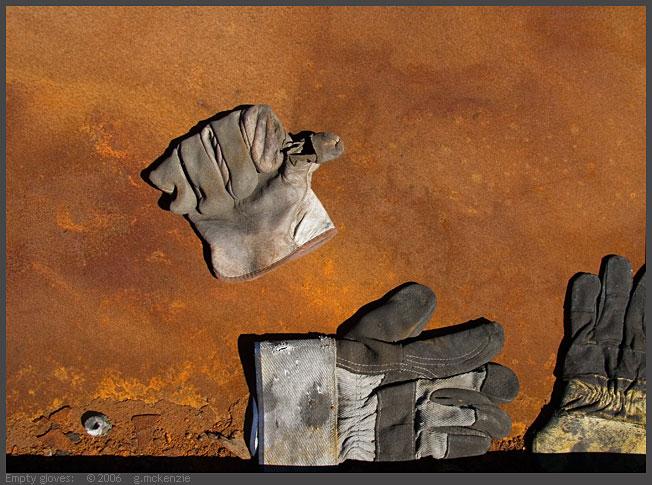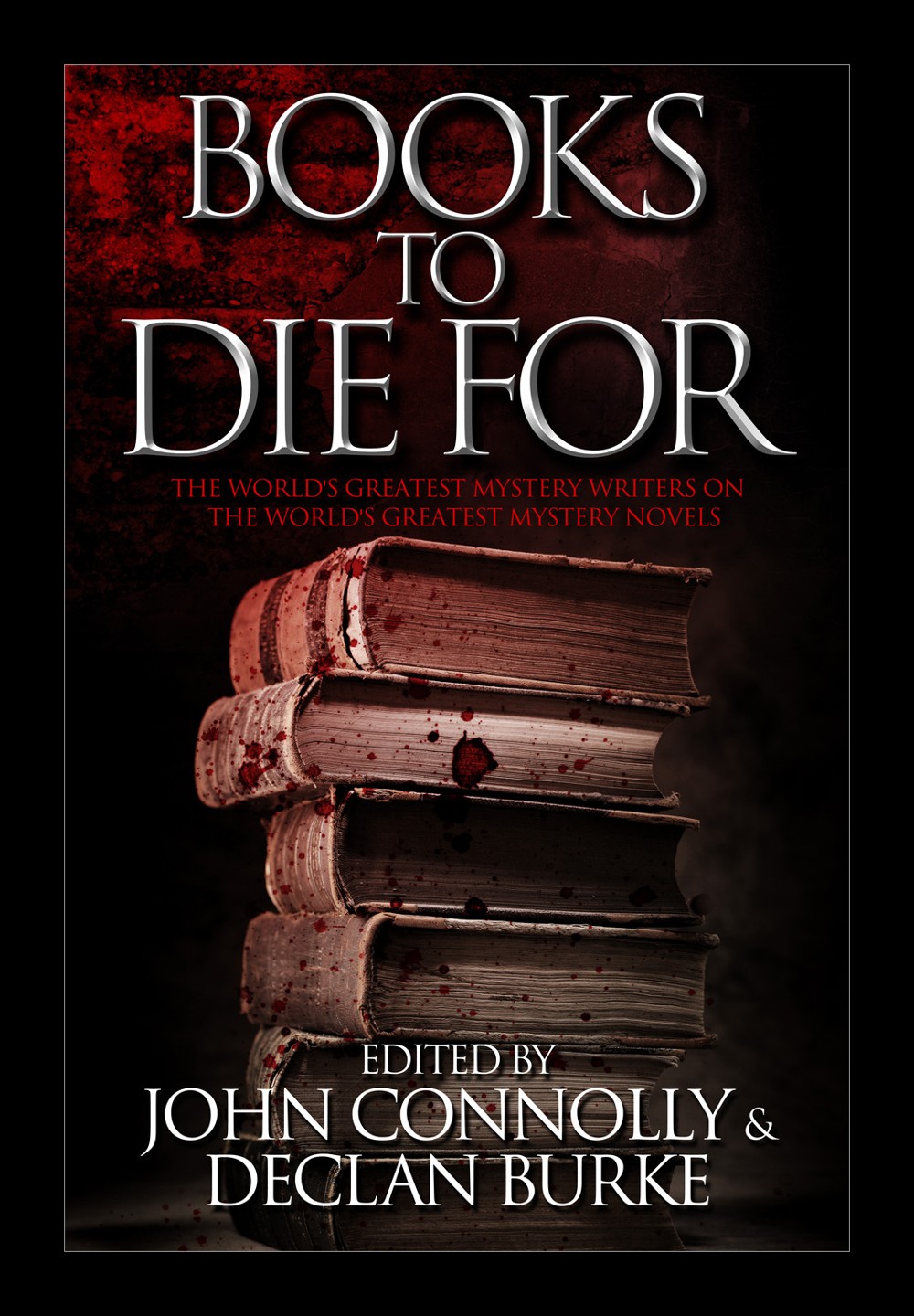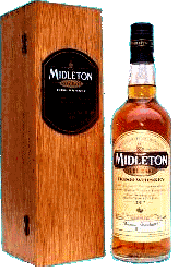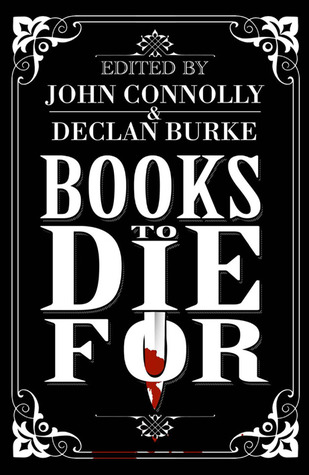I’m home from Bouchercon and as always, not very happy about it, the being home part. I haven’t been able to settle down all week. Pages are being written, newsletters are being sent, my taxes got done, even – but I am not entirely back, in my own mind.
And today is my Bouchercon blog. Where to begin?
Living in California for so long, especially my years in NoCal, I’ve heard a lot of Neal Cassady stories over the years from people who actually knew him. (Cassady was Jack Keroauc’s friend who served as the model for Kerouac’s legendary character Dean Moriarty.) And one thing I’ve heard from all kinds of sources that seems true rather than legend is that the man had an uncanny ability to pick a conversation up exactly where it had left off, even if years had passed since he and the person he was talking to had seen each other.
That’s to me what Bouchercon is like. There are a LOT of people in this community who feel like my best friends in the world, the people who know me best (and me AT my best) – who I only see once or twice a year. But the connection is deeper than most of what you get in the real world, because first – as writers, we KNOW each other. We know exactly what all the rest of us do just about every second of every day, we know how we feel about it, we know what makes a good day and what makes a bad day, we know each other’s exact fears and our exhilarations – we all have the same operating system, basically. So when we see each other there are no preliminaries necessary; we pick up the conversation where we left off, and take it deeper and further than it can go with someone who is not of the same world. Not only that, but the layers and puns and references and jokes are so much more interesting than ordinary conversation; writers are hilariously funny people and we love wordplay; it’s like fencing (or dancing!) with someone of equal skill.
We work so hard all the time, and this is our chance to play.
Of course there have been a lot of BCon wrap-ups on various blogs and lists this week, and I was kind of surprised to find that not everyone is a fan of this conference – it’s my hands-down favorite, the most fun, the most inspiring. Now, I totally get that it can be intimidating – lots of people, easy to get lost or bowled over by the sheer star power walking around those halls. But even if no one ever talked to me I could still never miss it because of all I learn. I don’t understand the people who complain that the star authors get all the attention, that it’s hard to get a panel, that midlist authors get lost. Well, of course the star authors do get a LOT of the attention. I’ve always figured that when I’VE written – oh, twenty-five beloved books – I might get that kind of attention, too. But let’s get a grip! While I’m working on those books I can go to panels where I can hear people who HAVE written dozens of beloved books talk about their process, their passion, their own inspiration, and I can get better. Maybe even get worthy.
At the San Francisco Bouchercon, in the very same day, I saw Val McDermid interviewing Denise Mina, and then Robert Crais interviewing Lee Child. Excuse me? Those two hours ALONE are worth the whole price of admission. And as I sat through those two hours, a bunch of ideas I’ve had for a long time suddenly coalesced into the storyline for Huntress Moon.
If I had been totally anonymous for that whole conference, if I hadn’t sold one book, it wouldn’t have mattered in the slightest. I got not just one book, but a whole SERIES out of that one afternoon.
And I don’t think it was any accident that this year I was put on a panel with, yes, Val McDermid – AND Elizabeth George – two authors I admire so much I was actually afraid I wouldn’t be able to speak, but there I was, able to thank them publicly and professionally for how they’ve inspired me.
I think attitude might have a little to do with what you get out of the experience. I noticed, for example, that our own lovely Sarah Wesson had no problem joining conversations with any number of star authors, and people were delighted to have her. Yes, she’s a librarian and probably knows that all authors worship at librarians’ collective feet, so maybe that’s not a good example – but actually I think it is. Sarah has paid her dues, is paying her dues. That is, I think, the actual price of admission. We have to do the work before we get to play.
Speaking of playing – the theme of this conference was Cleveland Rocks, and it really did. It’s one of the most exhilarating things to me about this community that so many authors are musical (and total hams). Did you know Lee Child plays guitar, bass AND sax? That many talents in one package – I mean, person – is almost too much to take. Did you know that Joe Finder was a Whiffenpoof (the legendary Yale a cappella men’s group)? Classic Bouchercon moment: Paul Wilson and I were standing at the bar at the Hard Rock party talking about performing “The Lime in the Coconut” together (well, and just that, there – I am in a universe in which F. Paul Wilson can randomly turn to me and say, “We should do ‘The Lime in the Coconut’…) and Joe suddenly starts singing it beside us in this gorgeous second tenor voice – and I never, ever knew that about him. It’s just magical.
My friend and idol Heather Graham has roped a whole lot of us into – I mean generously provided an outlet for us to exercise those talents with each other on a regular basis. This year, she hostessed a party at the House of Blues where her Slushpile band, which this time meant Heather, Paul Wilson, Dave Simms, Matthew Dow Smith, Greg Varricchio, Shane Pozzessore, and I – were able to perform with really anyone who felt like coming up with us: Daniel Palmer, who did a smoking harmonica solo to finish up his original “Bouchercon Blues”, Don Bruns doing his best Jimmy Buffet impersonation, Joelle Charbonneau, equally lovely at torch and opera.
I can see this party, and the band, growing into a regular fixture at BCon as it is at Romantic Times and Heather’s fabulous Writers for New Orleans conference (in December this year, and everyone should come!) and it’s one of the best rewards I can imagine for keeping my nose to the grindstone for most of the rest of the year.
Bouchercon is also a place for me to get a feel for what’s really going on in our business. This year, of course, the tension between indie publishing and traditional publishing was an undercurrent, in conversations with agents, publishers, and on panels as well.
Case in point, the “Heroes and Villains” panel, featuring Murderati’s own Martyn Waites and Alafair Burke, Mark Billingham, Karin Slaughter and John Connolly.
Fantastic panel, roll-on-the-floor funny, I always love this particular combination of authors. But I do have to address John Connolly’s interesting rant at the end of it – I guess loosely filed under the idea of “villains”.
I’m a huge, I’d even say rabid, fan of Connolly’s and I understand that there was a specific subtext to all of this – but I can only deal with what was said aloud and what I and the rest of the room heard.
He was basically accusing people who have been successful in e book sales as wanting to “destroy the printed word.” I don’t know who HE might know who actually feels this way but I certainly don’t know anyone who wants that. Certainly not Joe Konrath, the obvious person Connolly was talking about.
I used to teach in the L.A. juvenile court system, teenagers, almost all gang kids, and there was a very sweet kid who took it on himself to look after me in the lockup camps, and the one time I ever saw him get truly angry was the time he pulled me out from a fight between two guys that I was trying to break up and he yelled at me – “You don’t NEVER get in the middle between Crips and Bloods.” So maybe I should just stay out of this now.
But by couching it in general terms the way he did, Connolly was grouping me into this “hatred of the printed word” category, too.
I spent some time at Bouchercon talking with other authors and being very specific about the kinds of sales I’m making with e books because I want other authors to know that there is this alternative to traditional publishing, that it is doable, that it is a whole lot easier and more logical than some people say, and that it is a much more viable living than I and a lot of my midlist – I should say “formerly midlist” – friends were making with traditional publishing.
As a screenwriter and a former Board of Directors member of the Writers Guild (including organizing for the writers’ strike) I’ve seen every kind of way a writer can be exploited. And we are. We are easy targets because the people who cut the checks know oh so very well that we will write NO MATTER WHAT. We will strive to do our best work NO MATTER WHAT. Insult us, demean us, cheat us, fire us, underpay us, don’t pay us at all – we will still write.
So when Joe talks about his sales numbers I see it as a political act, and I am grateful. Traditionally published authors have often been circumspect about how much our advances are and how much we’re making a year because it was appallingly low. Pointing out HOW low, compared to what e publishing can net a talented author who is willing to do the work, is breaking a long, long taboo that did not serve us.
I’m sure that Connolly wasn’t trying to say that authors who think about and talk about what we’re paid for e books are crass or base or somehow not real artists, but – perhaps because he wasn’t being specific about what he really WAS saying – that’s how it ended up sounding. And to say that any of us are “out to destroy the printed word” is just specious. I happen to read almost exclusively on my Kindle now because it’s so much more comfortable to hold and move around with for the five or six hour stretches I often read. But the books I read are the SAME BOOKS – no matter what the delivery system. The fact that authors get more money for those same books because of the delivery system is a good thing, if you ask me.
I could go on and on – obviously, I kind of have – but THIS is what Bouchercon does for me. It puts me in touch with myself, my friends, my colleagues, my idols, and my business.
I don’t know… sounds like a winner to me.
Thank you, Marjorie Mogg and all the fantastic volunteers who make it happen, every magical year.
– Alex
————————————————————————————————–
Okay, it’s October, the busiest month of the year for me, because
1. It’s Halloween, and I write spooky, and
2. It’s the month before NaNoWriMo, and by now I feel almost a sacred duty to prep people for it instead of letting them just launch into the month on November 1 with no clue what they’re going to be writing.
So I’m doing a NaNo prep series on my blog that you can join in on here: http://screenwritingtricks.com
But also this week, I’ve made the first Screenwriting Tricks for Authors workbook FREE on Kindle, so if you haven’t grabbed a copy by now, here’s your chance.
AND – for Halloween, I’m giving away 31 signed hardcovers of either The Unseen or Book of Shadows, your choice (and yes, if you win and you’d rather have an e book of something else, that’s totally fine, just say so.
Happy Halloween!





